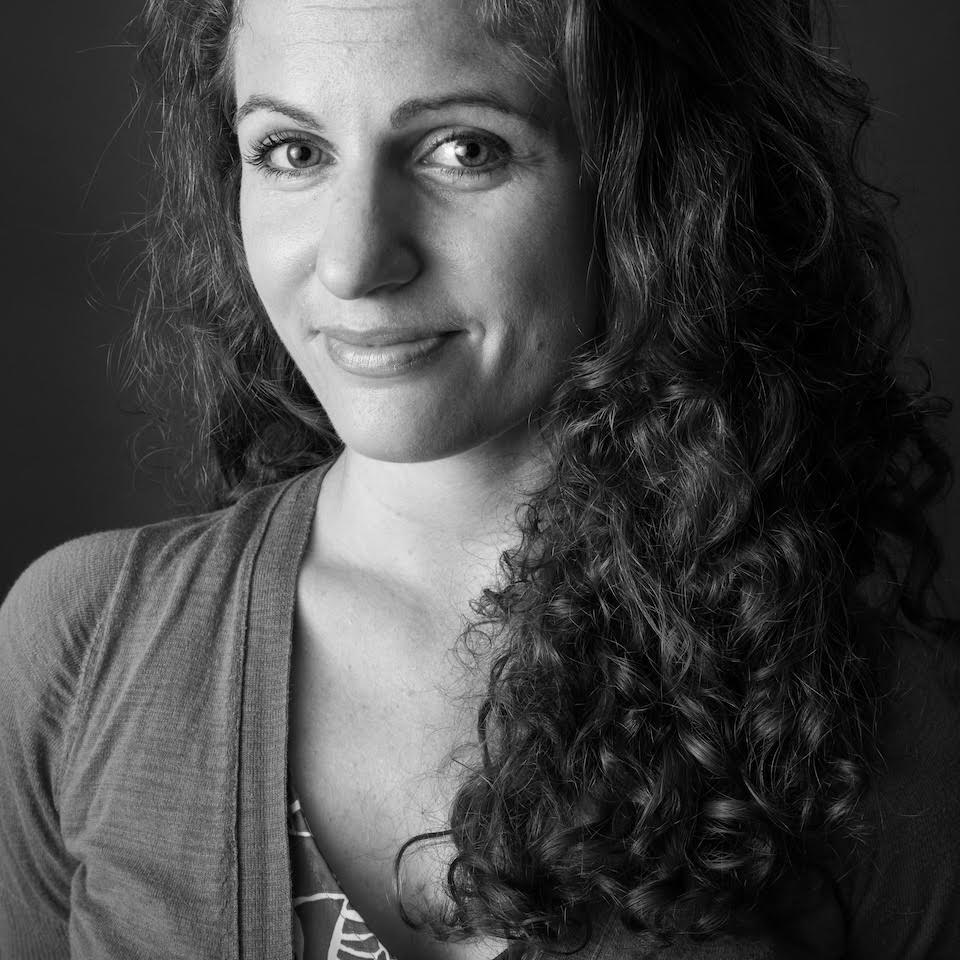By: Melissa Hoffman
For all our hand-wringing generation after generation, Jewish communities seem to have achieved the impossible: keeping a faith tradition alive among a critical mass of followers for millennia. We’re about to observe Shavuot, a holiday that celebrates the Jewish people’s transmission of religious teaching and identity since Sinai. But in this time of climate crisis, our institutions face — and often avoid — a question that Moses and our rabbis might have never seen coming: How can our identities and our religious teachings help us live within the ecological limits of a struggling planet?
Many American Jewish institutions pay little attention to this topic, too busy asking themselves more traditional questions: how to attract more members, craft a more successful holiday program, and tackle important political conversations about salient issues domestically and abroad. At the heart of these preoccupations is concern for “continuity:” the survival of Jewish wisdom, practice, and ethnic and by-choice peoplehood. Leaders often identify threats to the ongoing vibrancy of Jewish life as internal (like assimilation) or external (like anti-Semitism). In the long term, however, our Jewish continuity depends on a much greater attention to and involvement in preserving our Earth.
This may seem too lofty an aspiration for a community that’s simply focused on strengthening their Hebrew school program, or for an aging congregation that’s struggling to recruit new members — and yet the stakes are too high to not expand focus. As Sir David Attenborough desperately reminds us in his at once soothing and heartbreaking narration of Our Planet, we’re not doing enough to come to the Earth’s rescue. The complex network of life that sustains us is crumbling. The most recent UN biodiversity report has demonstrated for the millionth time what an anthropogenic disaster we’ve created for the web of life we ultimately depend upon for our own survival. As these public statements grow increasingly urgent, it’s clear we must not only curb overfishing and halt habitat destruction; we need to overhaul our entire values system and move from pursuing economic growth to understanding nature as the inextricable foundation for human progress.
Easier said than done, of course — but aren’t the synagogue, the Jewish summer camp, the university Hillel, and the religious school classroom the venues where we are meant to challenge ourselves to live our values? Yet most of our Jewish institutions have been tackling climate — if at all — through modest, energy bill-saving, and community conscience-settling changes such as implementing recycling and installing LEDs. Laudable to be sure, but communities need perspective about which projects will have the most significant impact. If Jewish communities chose to focus on food waste and food sourcing, institutions could save hundreds or thousands of tons of CO2 every year. Changing the meals we serve to hundreds of community members each year has a much greater potential to decrease our collective greenhouse gas emissions than upgrading our light bulbs.
At Jewish Initiative for Animals (JIFA), we support institutions in facilitating discussions about how we will transform our food system into one that truly sustains the world. JIFA brings the topic of building a better food system to communities through Jewish learning, and promotes behavioral and policy change through the lens of Jewish values. Most of the time, we work with institutions on lowering their carbon footprint directly through the food they source and serve. Just as with Hanukkah, on Shavout you’ll finding us discussing why — in the age of factory farming and climate change — we as a Jewish community need to seriously reconsider eating dairy on holidays and year-round. If you’re wondering why we need to tackle the way we eat and farm when so many other socio-political issues vie for our attention, you’re likely to find farming — specifically, factory farming — overlaps with all these injustices.
How we approach this complex charge matters. Meaningful engagement does not consist of parroting warnings and statistics that cause people to throw up their hands. This piece in Slate explains why, for example, it’s problematic and misleading to dwell on the idea there are “only 12 years left” to prevent the worst effects of climate disruption. Meaningful engagement means forming an action plan. Jewish communities do not need to choose between their b’nai mitzvah program and preserving the planet. If more families and communities hold space for conversations about aligning values with institutional commitments, leveraging the power of Jewish teachings that already command us to protect the Earth, we might find that our goal of lowering our environmental impact actually converges, rather than competes, with the goal of fortifying Jewish tradition.
There are many ways to start this process. Jewish institutions begin by:
- Adopting and developing curriculum rooted in Jewish tradition that both generates love and responsibility for the natural world, and equips students with the spiritual resiliency to become effective advocates;
- Evaluating food sourcing and waste with an eye toward Jewish values around doing the least harm to people, animals, and the planet, and implementing a holistic food policy that integrates those;
- Communicating community values around food and climate from the pulpit, and exploring them through communal study and discussion.
Rabbi Adina Lewittes authored a beautiful piece about the symbolism of Moses breaking the Torah-inscribed tablets. She writes, “The disassembling and reassembling of Torah in every generation is part of the sacred narrative and destiny of the Jewish people. It’s the source of our continuity, not our dissolution.” By her interpretation, we keep Judaism alive through innovative rituals, re-imagined worship, and embracing members at the margins. This model calls for the integration of new norms, new conversations, and new structures. Today, our approach to Torah must take seriously the need to repair our relationship with the natural world, and the need to gird our younger generations with spiritual strength for navigating the future they will inherit.
Without followers, there is no Torah. Without a healthy planet, there is no Jewish community. We can, and we must, shift our consciousness and our actions now. We need to embrace the iterative and evolving nature of Judaism to ensure the survival of a world in which we and our tradition can live — our Jewish and human continuity depends on it.




